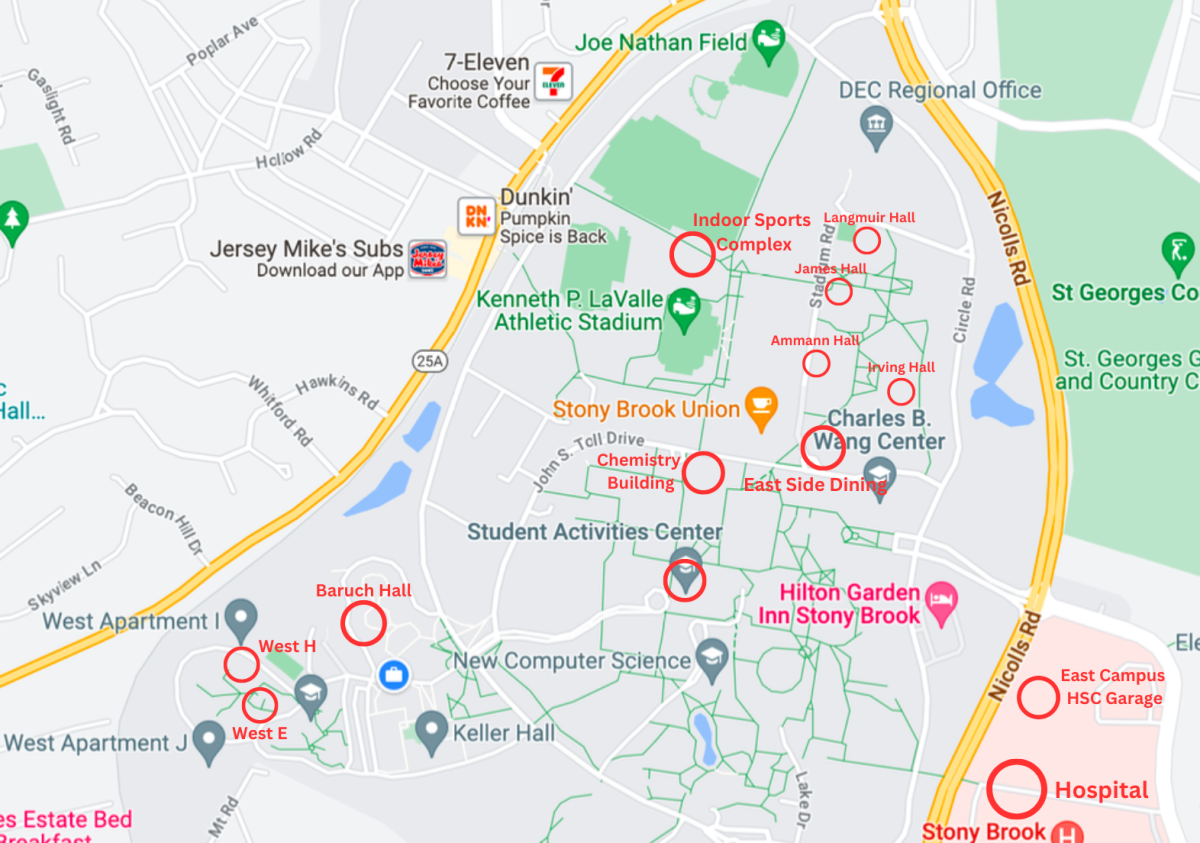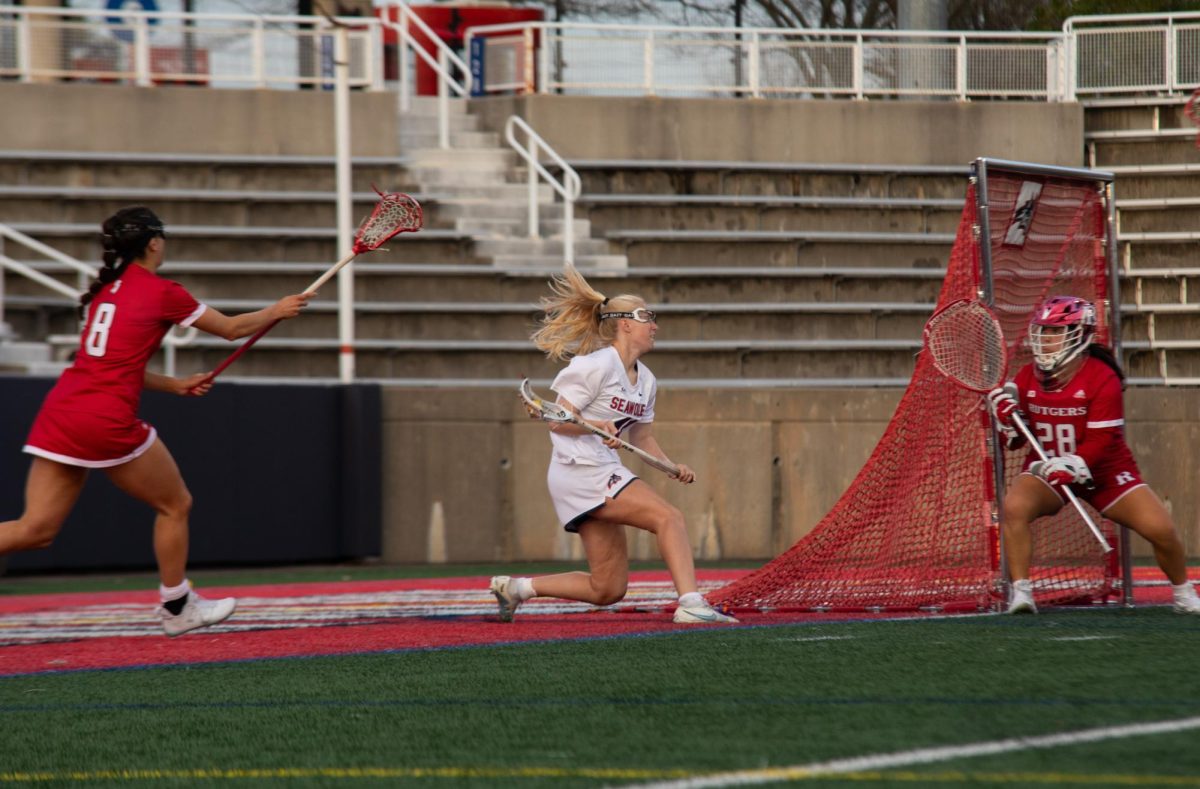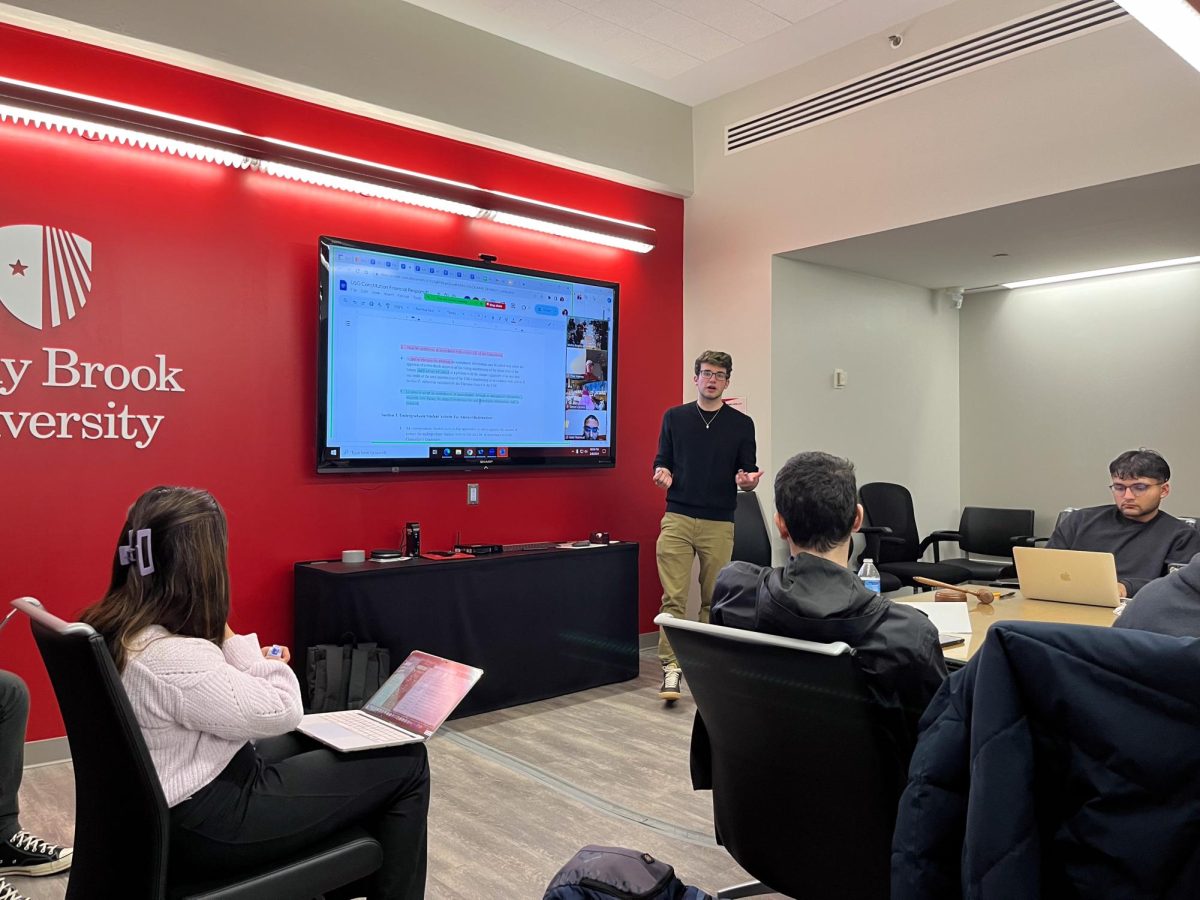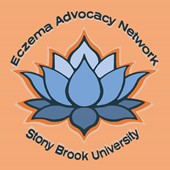Over the past few weeks, several organizations on campus, the Students Organization for Latin American Caribbean Studies (SOLACS), Social Justice Alliance (SJA), Phi Iota Alpha (PIA), and Sigma Lambda Upsilon (SLU), have been holding rallies and meetings to raise awareness about the DREAM Act, recently overturned by a vote of 52-44 in the United States Senate.
The DREAM Act, which stands for Development, Relief, and Education for Alien Minors, aims to aid “young people who were brought to the U.S. years ago as undocumented immigrant children who have since grown up here, stayed in school, and kept out of trouble,” according to the National Immigration Law Center. Both the U.S. House and Senate versions of the bill enable illegal alien minors, who entered the country prior to the age of 15, having lived in the U.S. for at least 5 years and after having graduated from an American high school, the opportunity to seek higher education at a 2-year or 4-year college or serve in the military for 2 years. Furthermore, the version of the bill presented by the House of Representatives “eliminate[s] a federal provision that discourages states from providing in-state tuition to their undocumented immigrant student residents?” At the end of six years, illegal immigrant students may be given permanent residence.
The DREAM Act was just 8 votes short of leaving the U.S. Senate, amid much debate over the superseding issues of immigration. Originally proposed in 2001, the bill has resurfaced several times over the past couple of years. If it were to be passed, minors taken into through the DREAM act would, potentially, be competing for some of the same federal and state financial aid as students who were originally US citizens or permanent residents.
A statement released by SOLACS and SJA several days after the Oct. 31 rally, indicates a certain level of disdain concerning the failure of ratification of the DREAM Act. The statement called the failure of ratification, “The [U.S.] Senate’s victimization of students striving for better education?”
When questioned about the implications of the DREAM act on the opportunities for students who are U.S. citizens or permanent residents one E-Board member of SOLACS, Leo Rodriguez, admitted that it wasn’t entirely fair. Rodriguez did, however, stand behind SOLACS stating that it still didn’t make sense to deport individuals who have lived in the U.S. throughout their adolescent years now consider this country their home.
Jacueline Pascariello, director of Student Financial Aid Services on campus, also offered her stance on the issue.
“The premise of this law allows younger individuals brought to the U.S. by their parents, babies who today are locked out of any type of federal or state aid, to be taken into the system,” Pascariello said.
She continued, “This will allow us to put individuals who didn’t have a future on a path to work and pay taxes.”
Concerning the issue of fairness for students who are legal immigrants and U.S. citizens, Pascariello commented that some sources of funding for financial aid are already not enough to provide for everyone. She said that there would only be 20-30 students added to the system of financial aid. However, according to the National Immigration Law Center, about 65,000 students would theoretically stand to benefit from the DREAM Act each year.
Pascariello further stated that while opportunities for financial aid through federal work study are limited, there are many other opportunities for employment on campus. This is an avenue that current legal students also choose if they are denied funding through federal or state agencies.
Also of note, Pascariello cited the fact that current illegal alien minors, in New York State, are still able to attend college if they pay the out-of-state or non-resident tuition. Furthermore, certain alterations in criteria regarding the provisions for tuition for illegal alien minors were by signed into law by former NYS Governor George Pataki in 2002 through the amendments of sections 355 and 6301 of the New York State Education Law Act. This allowed illegal alien minors the ability to be considered for in-state resident tuition under certain conditions involving the acquiring of a valid NYS high school diploma or General Equivalency Diploma.
Thus, if such criteria are already in place for illegal alien minors to obtain an education at a college or university, the enactment of the DREAM Act would only serve to further ease of the financial burden of going to college.
Matthew Whelan, assistant provost and dean of Admissions and Financial Aid, offered a more neutral viewpoint on behalf of the University. He said, “If the DREAM Act is in place, we will do as we do with any legislation. We will follow it.” Whelan admitted, “There’s not much to say.”
When questioned of whether he would support such a piece of legislation personally, Whelan said, “I think it provides students the opportunity to become fully invested citizens of this country. But, I don’t’ know when it’ll pass.”
Whelan continued, echoing statements made by Pascariello, “Home is here for the [illegal alien] students?we can’t just throw them out.”
Several undergraduate students were questioned about their views of the DREAM Act.
Joseph Antonelli, president of the Undergraduate Student Government (USG), supported the DREAM Act. He said, “It’s a good idea, but the entire system [for immigration] needed to be redone.”
Antonelli continued, “We’re the land of the free, [we’re] the world police. Why should these people even be illegal?” He argued that if there were a better system in place, fewer individuals would seek to enter the U.S. illegally.
Three other students George Georghiu, Anand Kumar, and Kazi Saki, all were in support of the DREAM Act.
Georghiu commented, “It ties somewhat into Spitzer’s plan.” Georghiu was referring to the recently abandoned plan by current NYS Governor Elliot Spitzer to issue driver’s licenses to illegal aliens.
Saki said, “The original framework of [the Dream Act] sounds good.”
Robert Romano, SBU student, argued against the DREAM Act only because he believed Congress had to “address the broader issue of comprehensive immigration reform.”
Romano said something was need first to prevent illegal immigration altogether before the question of what to do with the illegal immigrants was addressed. Romano cited a catch phrase, “This bill, just like Spitzer’s idea with drivers licenses, puts the cart before the horse?.It’s not fair to the folks who played by the rules.”
One student, who wished to remain anonymous, stated adamantly of her disapproval of the DREAM Act. This individual recounted the story of how difficult it was for her father to enter the U.S. through lawful means. She stated that giving illegal aliens such an opportunity was just not fair and also went as far as to state the existence of widespread lobbying for the “anti-DREAM act” cause.
With debate over immigration as intriguing as it was for some individuals, the DREAM Act, as Whelan plainly said, “It hasn’t gotten off the ground.” Only time will tell if the DREAM Act is resurrected again in Congress. Anyone looking for immigration reform will just have to wait.













